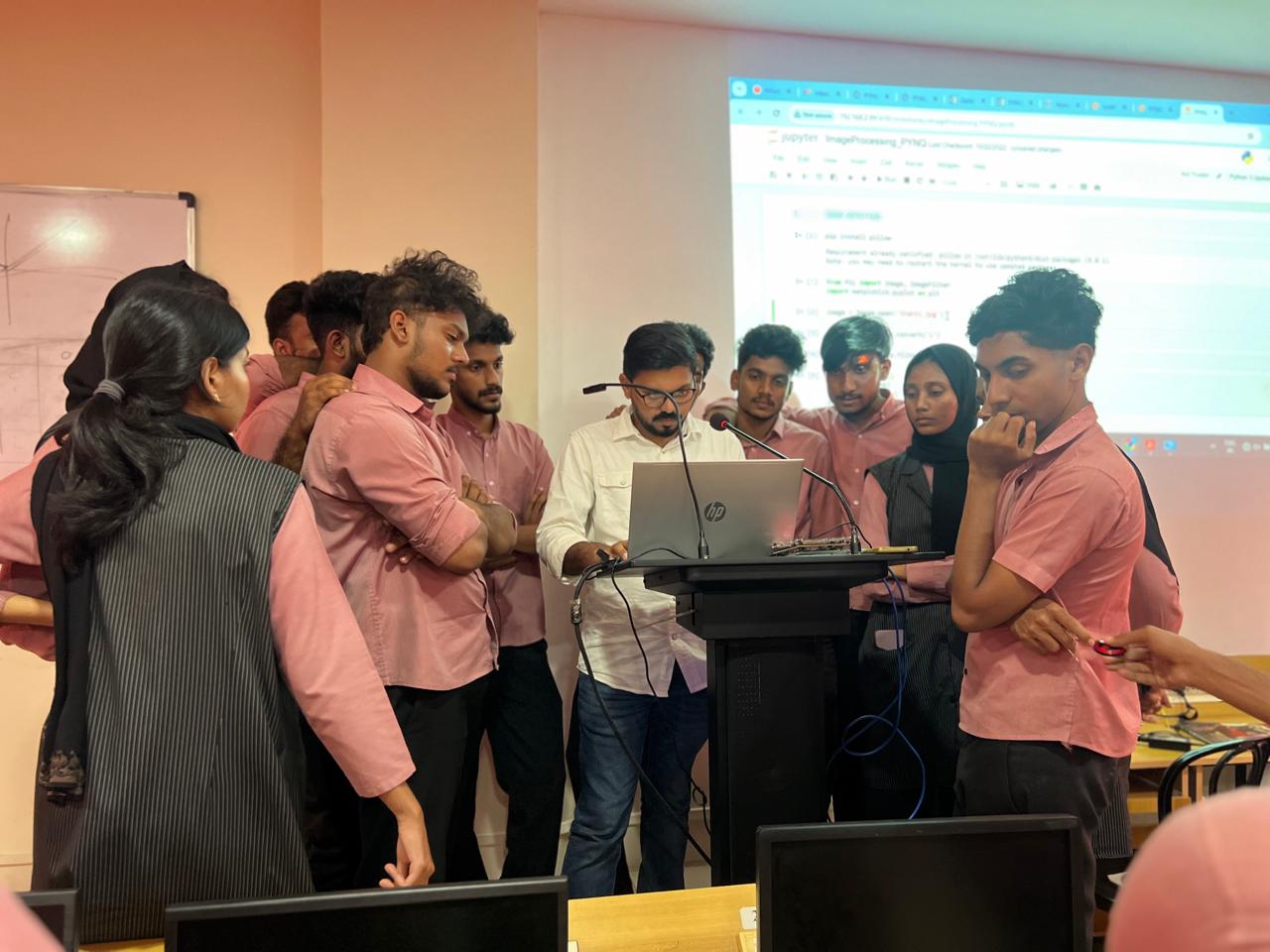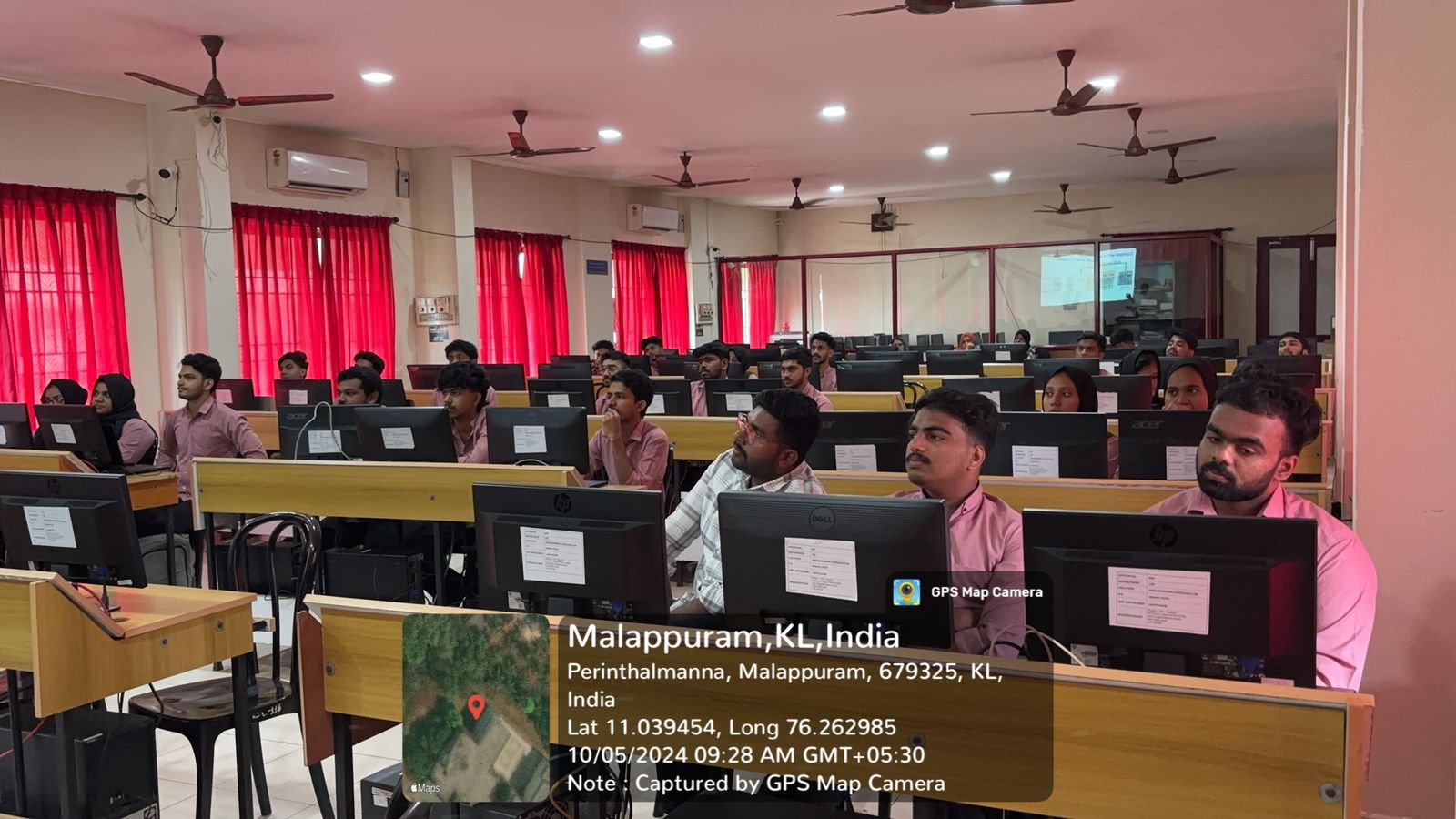Opening Hours
- Monday09am - 05pm
- Tuesday09am - 05pm
- Wednesday09am - 05pm
- Thrusday09am - 05pm
- Friday09am - 05pm
- Saturday-SundayClosed
Activites
Activites
Robotics Expo
On 29th January 2025, we successfully conducted a fully funded Robotic Expo in collaboration with GTech. The event was open to all and provided a unique opportunity for participants to explore the fascinating world of robotics at no cost. The expo featured live demonstrations and interactive sessions where various robotic parts were explained in detail. GTech brought in advanced robots that showcased real-time applications and innovative functionalities, making the event both educational and inspiring for attendees of all ages.
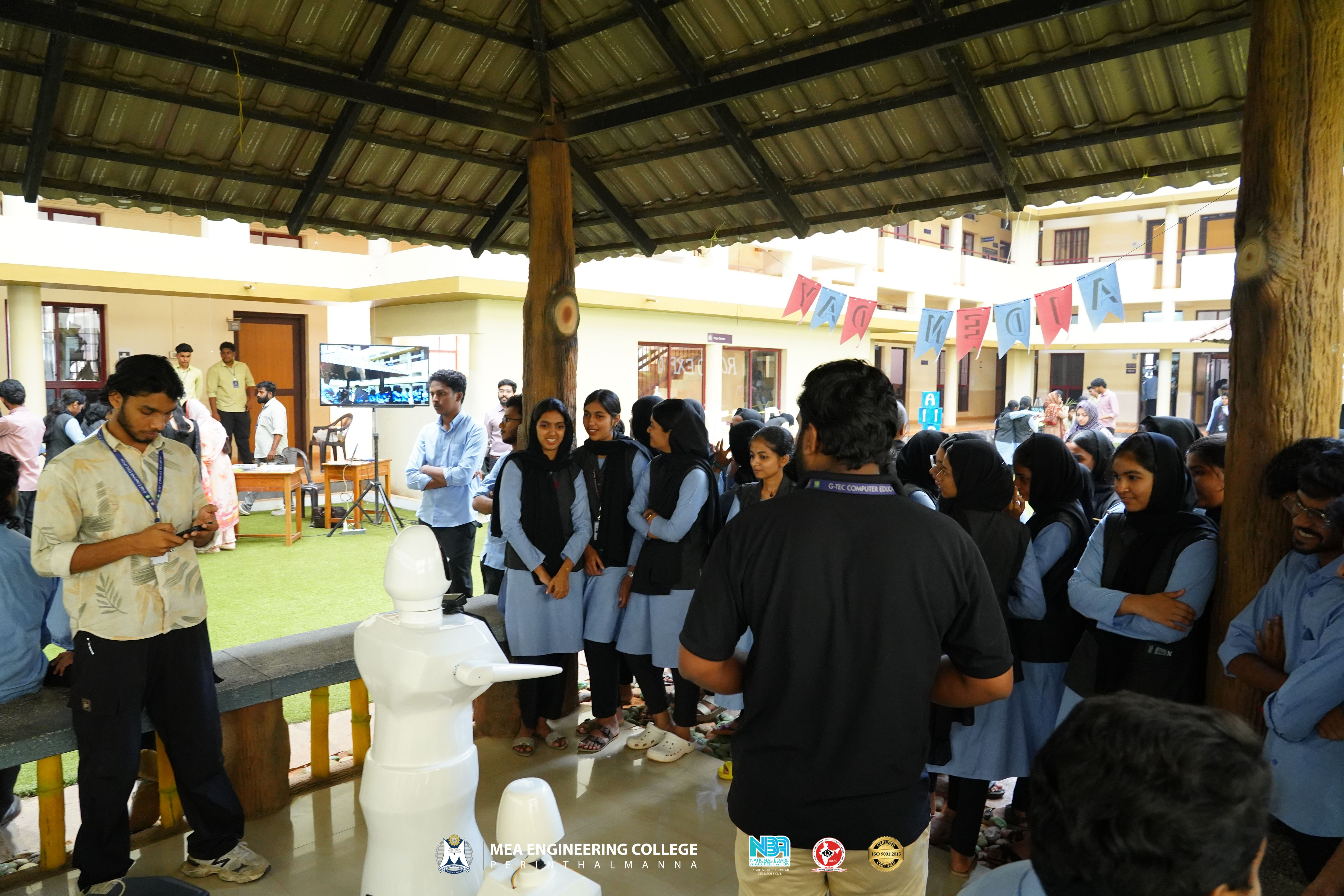
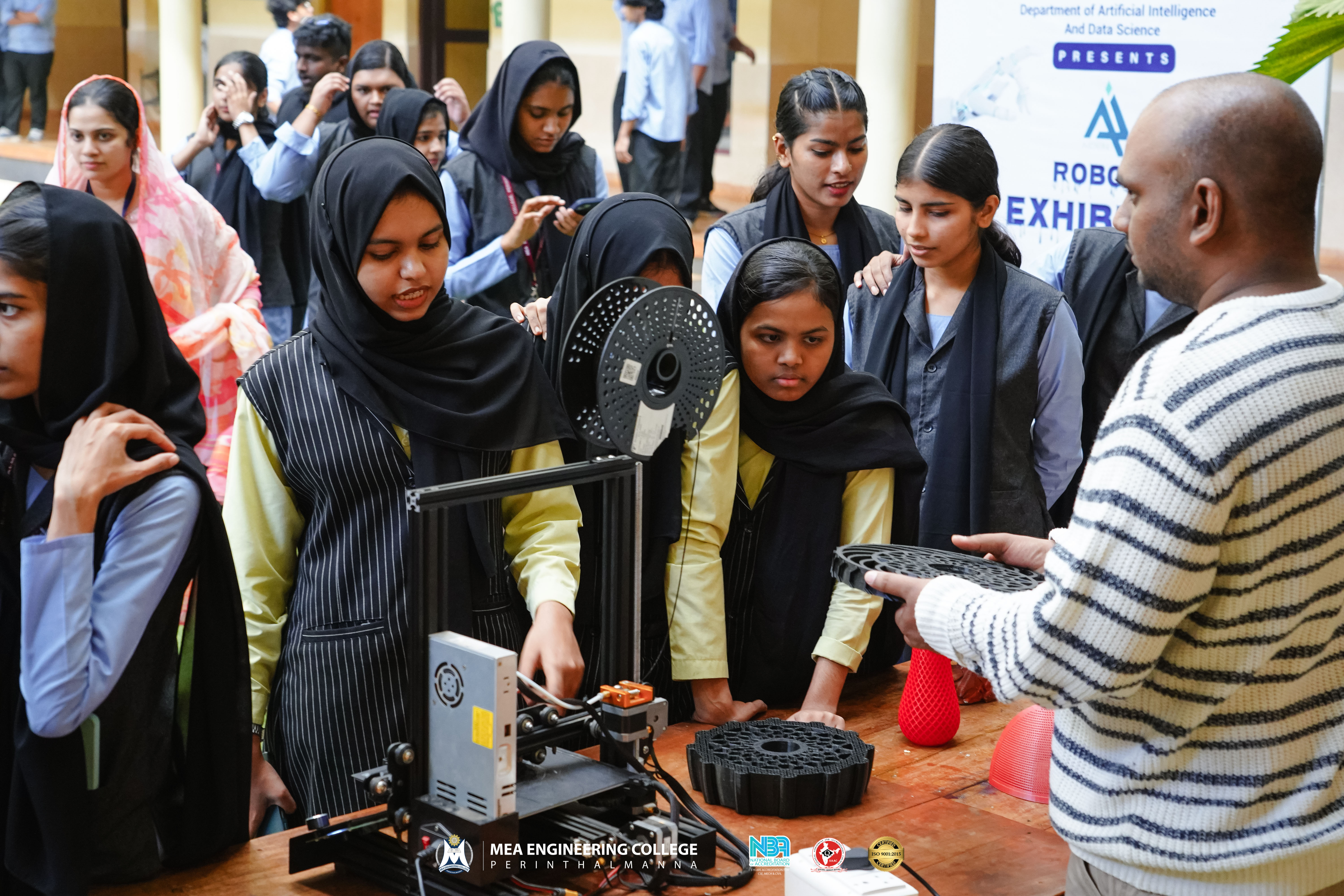
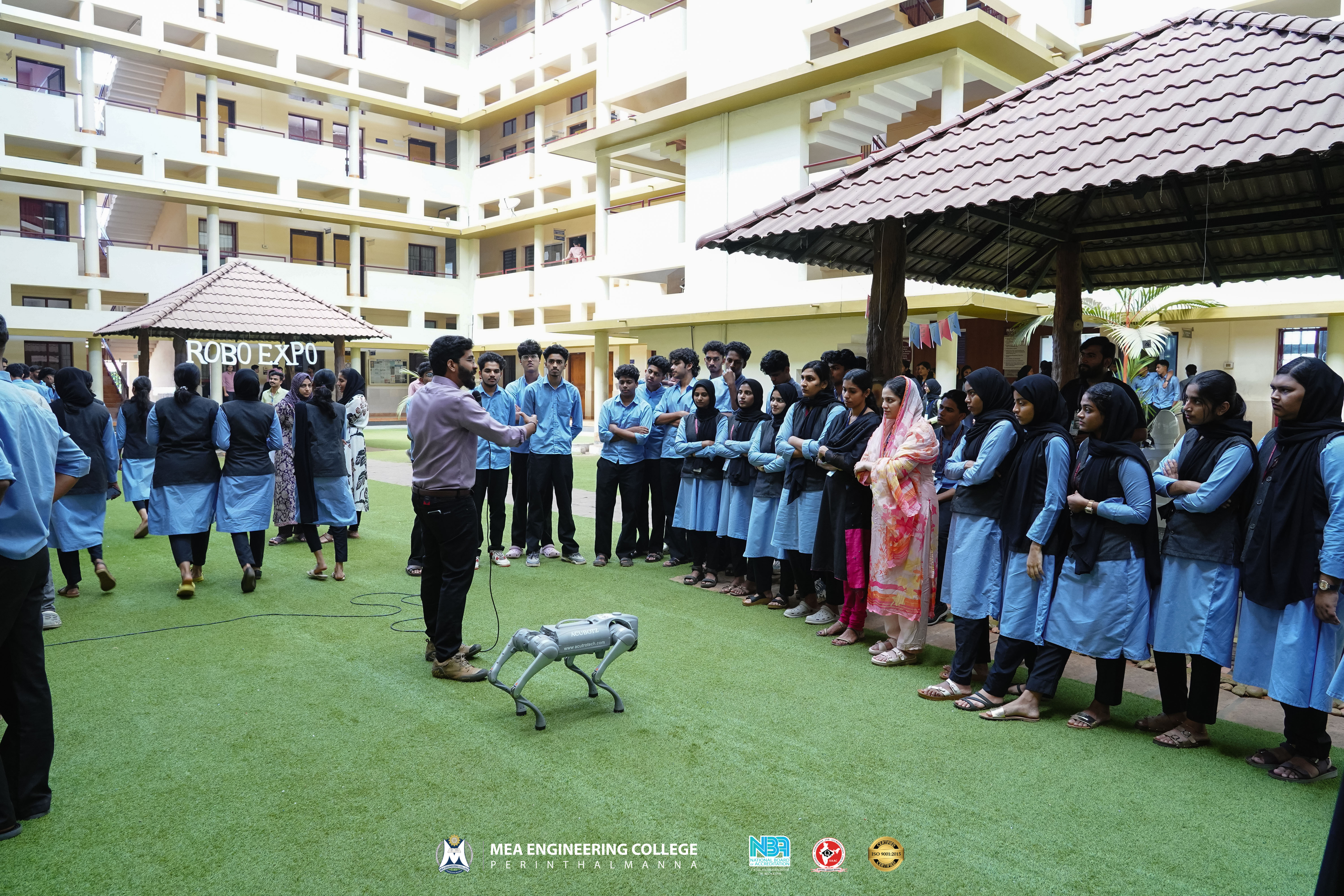
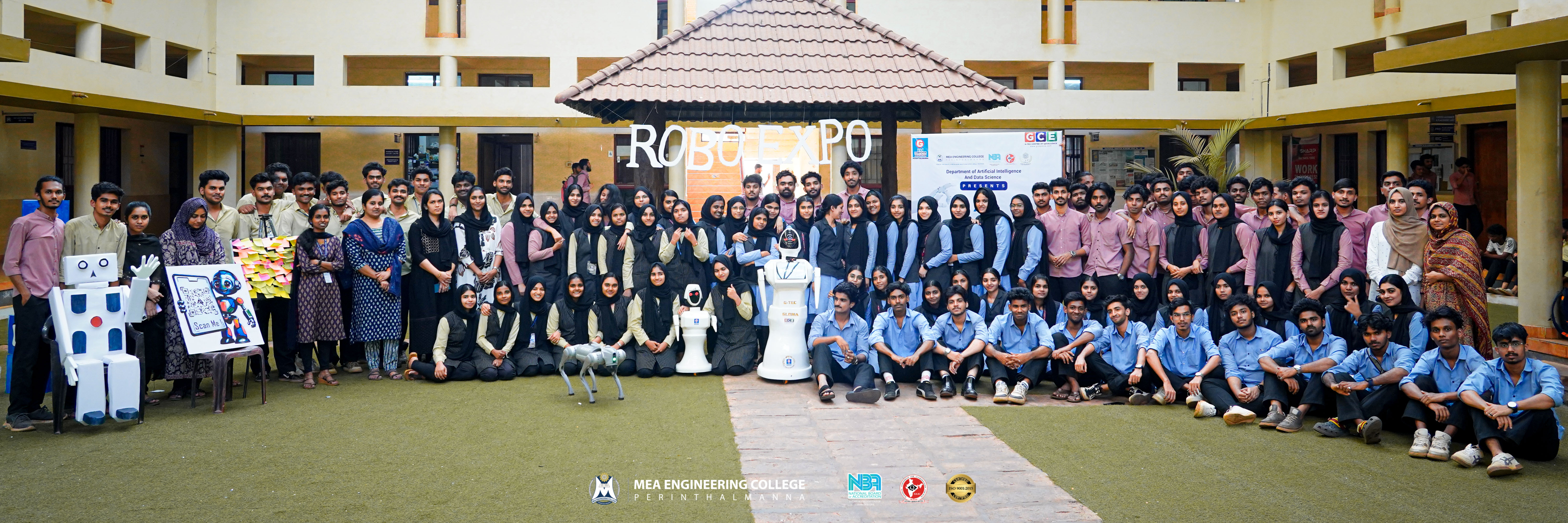
Power BI Workshop
The Power BI Workshop, held on January 29, 2025, commenced at 10:00 AM with an engaging session led by Mr. Mohammed Alfan, Founder of Rows & Columns, Microsoft MVP, and a seasoned data analytics trainer. The initial session focused on Power BI Fundamentals, where Mr. Alfan introduced participants to the Power BI environment, explaining its interface, navigation tools, and core components such as datasets, reports, dashboards, and workspaces. He demonstrated how Power BI serves as an integrated platform for data connection, transformation, and visualization. This foundational segment set the tone for the rest of the workshop, enabling students from the Artificial Intelligence and Data Science Department to comfortably explore and interact with the Power BI Desktop interface. By the end of the session, which concluded around 11:00 AM, participants had a firm grasp of Power BI’s capabilities and were well-prepared to dive into more complex data operations throughout the remainder of the workshop.
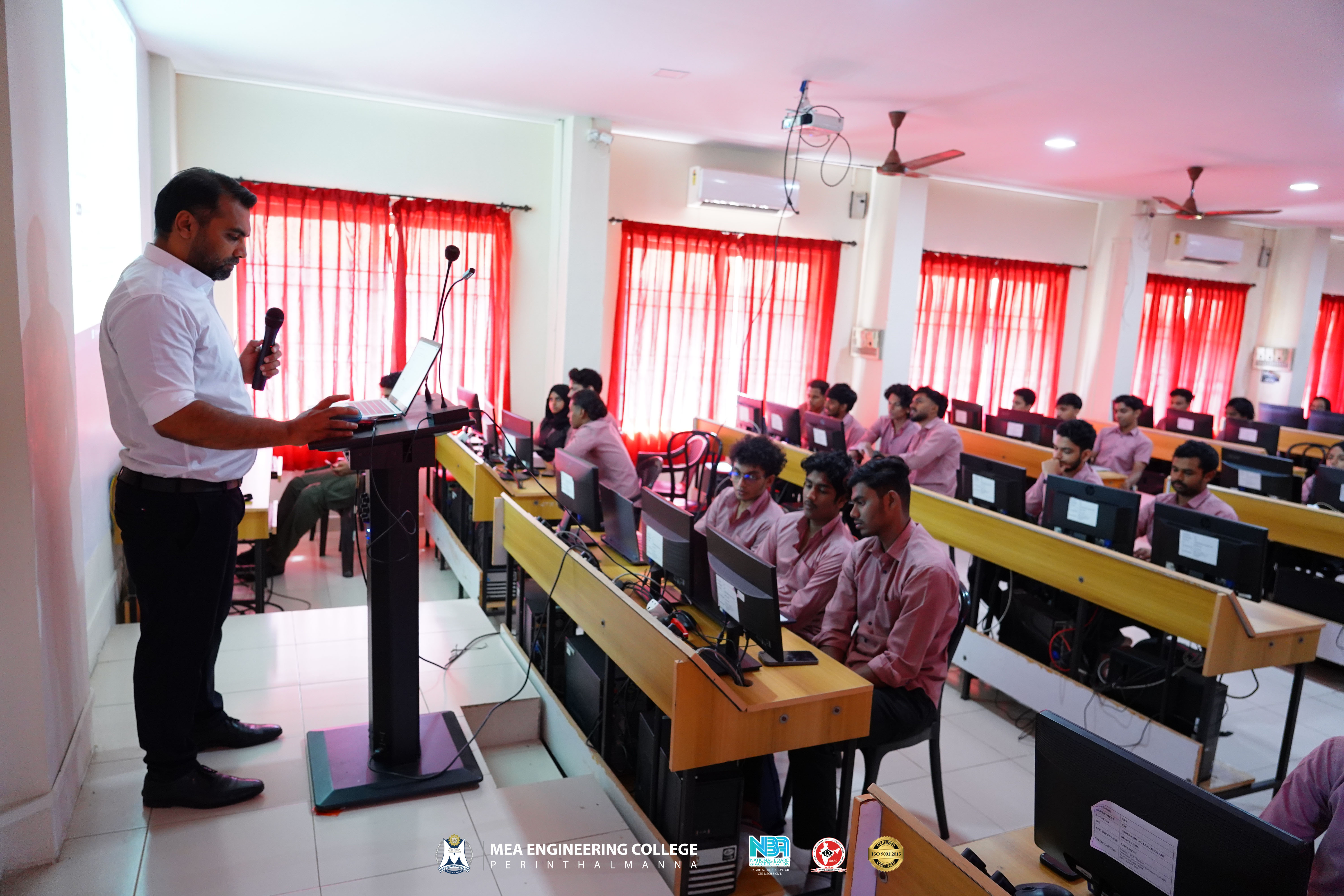
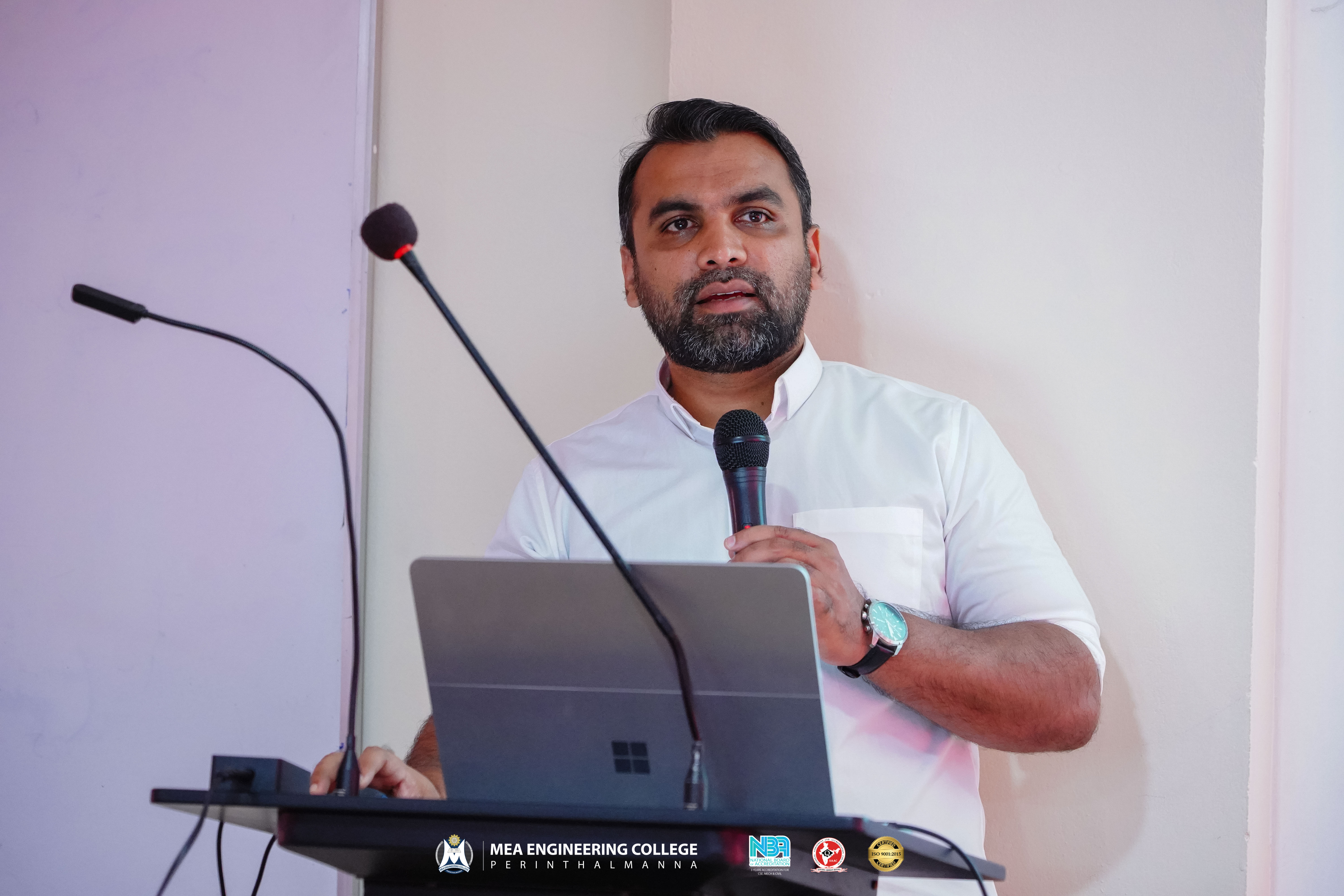
Workshop on Hardware for Deep Learning
A one-day workshop on Hardware for Deep Learning was conducted on 5th October 2024, led by Muhammed Raees P.C. (Junior Research Fellow, NIT Trichy, and CTO of Bayes Tech) and Akshayraj M.R. (Co-Founder, Bayes Tech).
The workshop focused on introducing participants to FPGA programming and its applications in deep learning. Attendees learned to design, synthesize, and deploy circuits using Xilinx tools and implemented these designs on the Zybo board, gaining hands-on experience with real-time hardware operations.
The sessions bridged theoretical concepts with practical applications, empowering participants with essential skills in hardware design and its integration into AI systems. This event was highly beneficial for fostering knowledge in FPGA-based solutions for deep learning.
